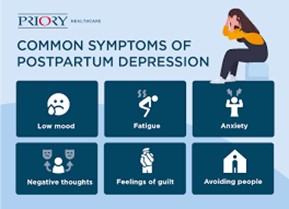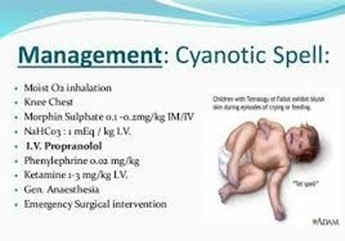A home health nurse is assessing a client who is 2 weeks postpartum. The nurse should identify that which of the following client reports is an Indication of postpartum depression and should be investigated further.
Hot flashes
Intermittent abdominal pain
Blurred vision
Feelings of intense guilt
The Correct Answer is D
Choice A rationale:
Hot flashes are not typically associated with postpartum depression; they are more related to hormonal changes.
Choice B rationale:
Intermittent abdominal pain is common after childbirth due to uterine contractions and involution.
Choice C rationale:
Blurred vision is not a typical symptom of postpartum depression.
Choice D rationale:
Feelings of intense guilt are indicative of postpartum depression and require further investigation.

Nursing Test Bank
Naxlex Comprehensive Predictor Exams
Related Questions
Correct Answer is B
Explanation
Choice A rationale:
Phenytoin should be administered slowly to avoid adverse effects. Infusing 800 mg over 5 minutes is too rapid and can lead to cardiovascular complications.
Choice B rationale:
Rationale: After administering phenytoin via IV, it's important to flush the IV line with normal saline (0.9% sodium chloride) to ensure the medication is fully delivered to the client and to prevent any residual medication from precipitating in the IV line.
Choice C rationale:
Flushing with heparin is not standard practice for administering phenytoin.
Choice D rationale:
Phenytoin should be administered in normal saline, not in D5W (dextrose 5% in water), to avoid precipitation.
Correct Answer is B
Explanation
Choice A rationale:
Morphine subcutaneously can help reduce anxiety and stress, but supplying oxygen is the priority intervention.
Choice B rationale:
During a hypercyanotic spell ("tet spell"), the infant's oxygen levels drop, leading to cyanosis (blue skin) and distress. Administering oxygen can help improve oxygen saturation and alleviate the spell.
Choice C rationale:
Calming and soothing the child may not be sufficient to address the oxygen saturation issue during a hypercyanotic spell.
Choice D rationale:
Placing the infant in a knee-chest position can help improve blood flow, but administering oxygen should be the initial step.

Whether you are a student looking to ace your exams or a practicing nurse seeking to enhance your expertise , our nursing education contents will empower you with the confidence and competence to make a difference in the lives of patients and become a respected leader in the healthcare field.
Visit Naxlex, invest in your future and unlock endless possibilities with our unparalleled nursing education contents today
Report Wrong Answer on the Current Question
Do you disagree with the answer? If yes, what is your expected answer? Explain.
Kindly be descriptive with the issue you are facing.
